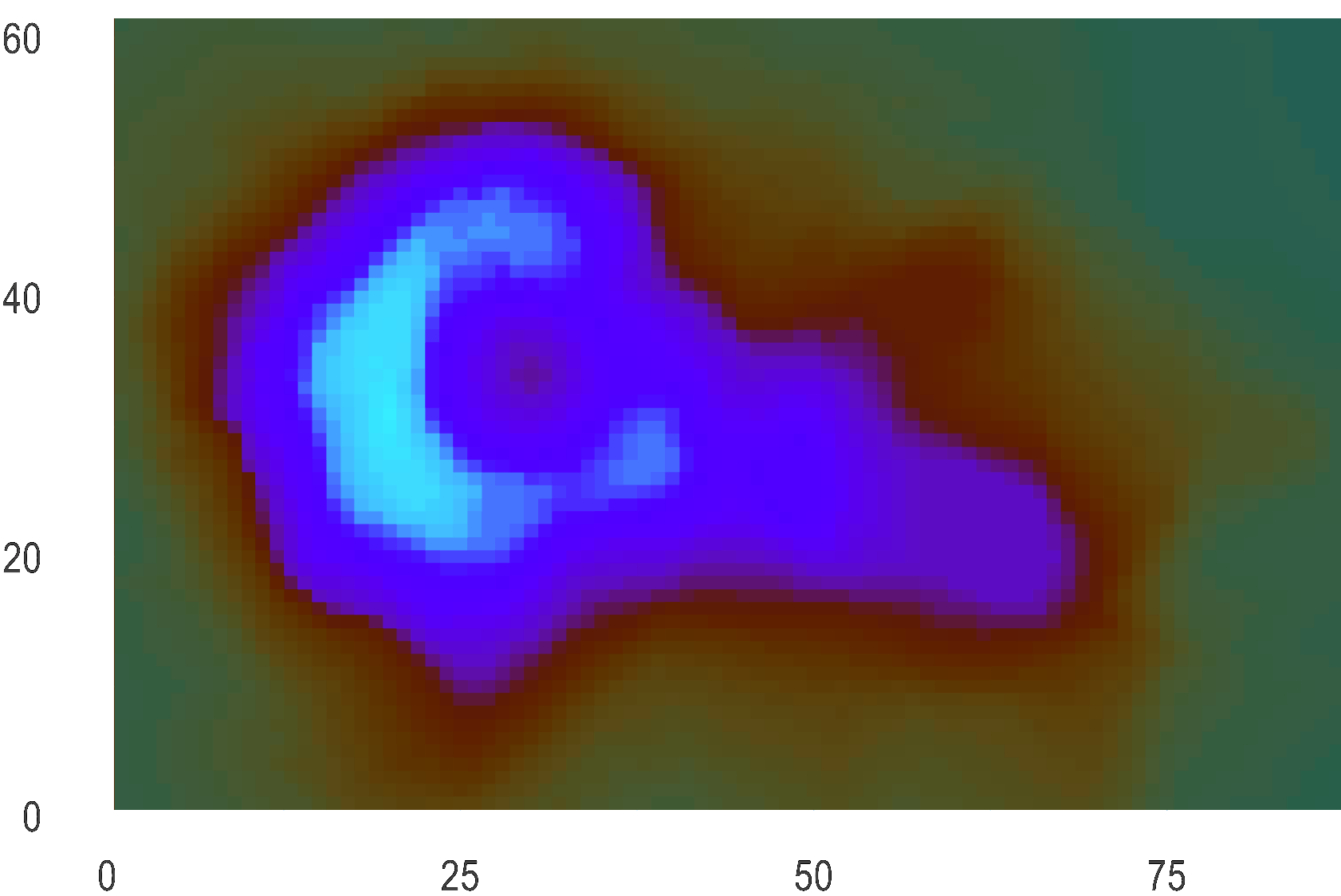Classes
So, what do I teach here?
This semester, I am teaching …

However, During Other Semesters, I teach …
- :man_biking: Discrete Structures
- :woman_climbing: Junior Seminar
- 🧭 Academic Discord
- :computer_disk: Operating Systems
- 🧬 Bioinformatics
Classes in a Box
Much like how you may get food from the store which is ready to eat, I have prepared two courses which are piping hot and ready to teach. I offer a course in Bioinformatics and another in Senior Thesis Research which I have used at Allegheny College several times. If you are an instructor at the high-school or college level, help your self to the materials at the above sites! Please be sure to let me know your thoughts and comments if you apply them to your course.
Comm Competencies
SWS*105-04: Intro to Comm Competencies

Academic Bulletin Description
An exploration of four communication competencies: reading, writing, speaking, and listening. Students develop engaging voices as speakers and writers through study of concepts such as purpose, occasion, audience, and genre. The use of reading and listening to interpret ideas of others and form one’s own will be applied toward thesis-driven written and spoken texts. The topical material covered in the seminar varies from section to section and year to year. All first-year students take Introduction to Communication Competencies in either their first or second semester. Must be taken on the letter-grade basis. Credits: 4. Distribution Requirements: None.
DataBase Systems
CMPSC-305-00: Database Systems

Academic Bulletin Description
A study of the application and evaluation of database management systems. Participating in hands-on activities that often require teamwork, students design, implement, and deploy database systems that store interdisciplinary data sets. In addition to learning how to develop and assess interfaces for databases, students study the efficiency and effectiveness of alternative data management systems. During a weekly laboratory session students use industry-grade technology to complete projects, reporting on their results through both written documents and oral presentations. Students are invited to use their own departmentally approved laptop in this course; a limited number of laptops are available for use during class and lab sessions. Prerequisite: CMPSC 101. Distribution Requirements: QR, SP.
Junior Seminar
CMPSC-580-00: Junior Seminar

When Do We Meet?
Academic Bulletin Description
A team-based investigation of select topics in computer science, preparing students for the proposal and completion of a senior project. Working in teams to complete hands-on activities, students learn how to read research papers, state and motivate research questions, design and conduct experiments, and collect and organize evidence for evaluating scientific hypotheses. During a weekly laboratory session students use state-of-the-art technology to gain practical skills in scientific and technical writing, the presentation of computational and mathematical concepts, and the visualization of experimental data. Students are invited to use their own departmentally approved laptop in this course; a limited number of laptops are available for use during class and lab sessions. Prerequisite: CMPSC*101 and at least one of the core courses. Distribution Requirements: None.
Discrete Structures
CMPSC-102 Discrete Structures (4 Credits)

When Do We Meet?
Academic Bulletin Description
An introduction to the foundations of computer science with an emphasis on understanding the abstract structures used to represent discrete objects. Participating in hands-on activities that often require teamwork, students learn the computational methods and logical principles that they need to create and manipulate discrete objects in a programming environment. Students also learn how to write, organize, and document a program’s source code so that it is easily accessible to intended users of varied backgrounds. During a weekly laboratory session students use state-of-the-art technology to complete projects, reporting on their results through both written documents and oral presentations. Students are invited to use their own departmentally approved laptop in this course; a limited number of laptops are available for use during class and lab sessions. Prerequisite: Knowledge of elementary algebra. Distribution Requirements: QR, SP.
Data Science
CMPSC-301-00: Data Science

Academic Bulletin Description
A study of computational methods of data analysis with an emphasis on understanding and reflecting on the social, cultural, and political issues surrounding data and its interrogation. Participating in hands-on activities that often require teamwork, students study, design, and implement analytics software and learn how to build predictive models with foundational machine learning algorithms to extract knowledge from various sources of data. Students also investigate the biases, discriminatory views, and stereotypes that may be present during the collection and analysis of data, reflecting on the ethical implications of using the resulting machine learning techniques. During a weekly laboratory session, students use Industry-grade open source statistical software to complete projects, reporting on their findings through both written documents and oral presentations. Students are invited to use their own departmentally approved laptop in this course; a limited number of laptops are available for use during class and lab sessions. Prerequisite: CMPSC101 or CMPSC102. Distribution Requirements: QR, PD.
Bioinformatics
CMPSC-300-00: Bioinformatics (4 Credits)

Academic Bulletin Description
An introduction to the development and application of methods, from the computational and information sciences, for the investigation of biological phenomena. In this interdisciplinary course, students integrate computational techniques with biological knowledge to develop and use analytical tools for extracting, organizing, and interpreting information from genetic sequence data. Often participating in team-based and hands-on activities, students implement and apply useful bioinformatics algorithms. During a weekly laboratory session students employ cutting-edge software tools and programming environments to complete projects, reporting on their results through both written documents and oral presentations. Students are invited to use their own departmentally approved laptop in this course; a limited number of laptops are available for use during class and lab sessions. Prerequisite: BIO 221 and FSBIO 201, or CMPSC
